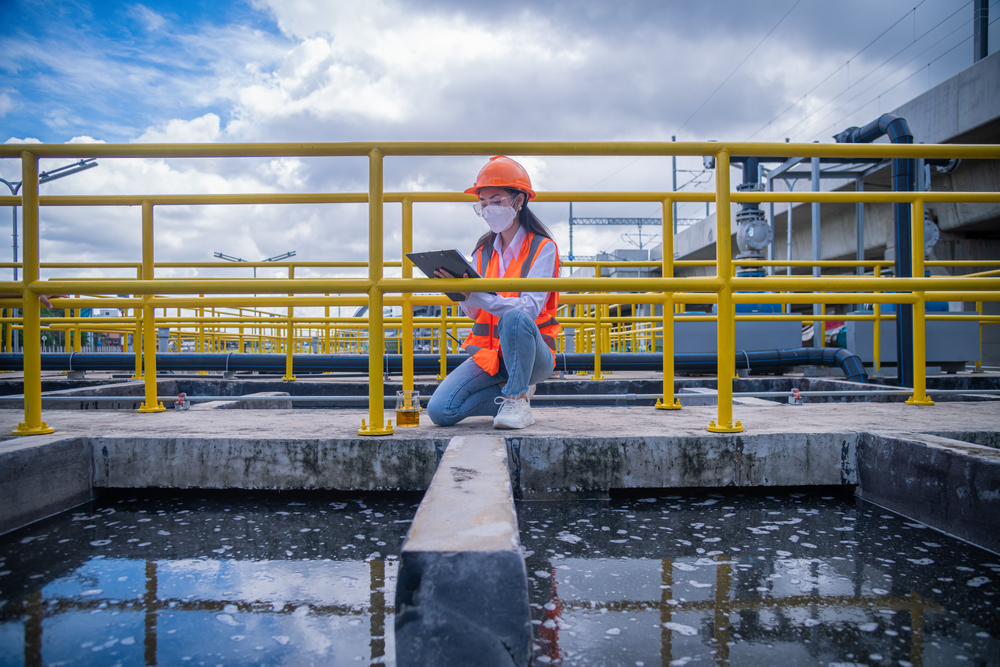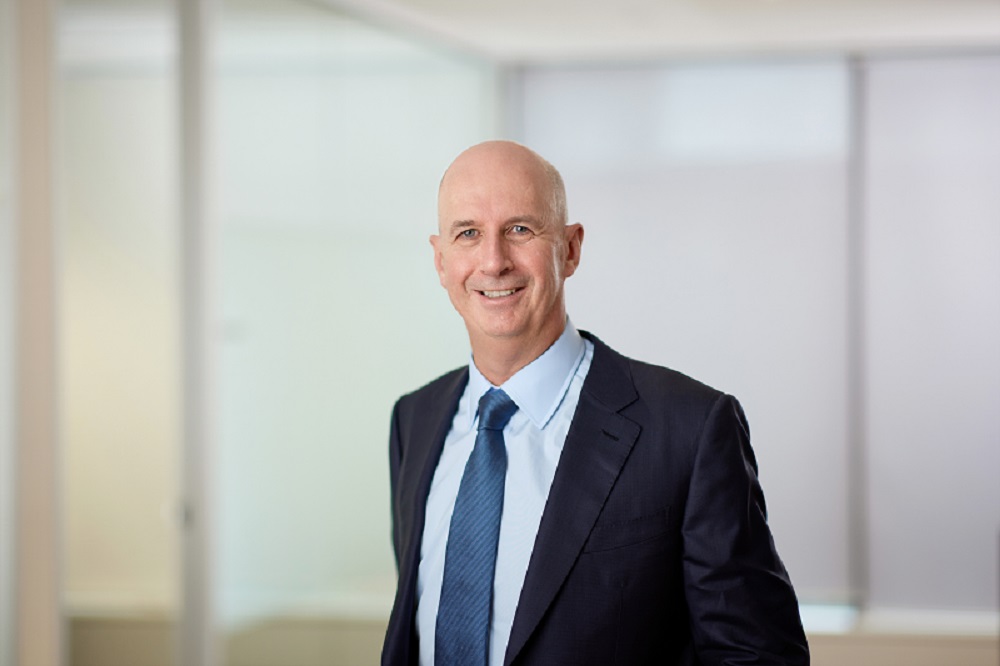Client Story: A Biological Revolution in Wastewater Treatment

In 2024, it was reported that the wastewater treatment industry contributes 1-2% of the total global anthropogenic carbon emissions and consumes 3-5% of global electricity. [1] This has prompted innovators to consider the way in which we manage wastewater treatment, and if traditional methods can be set aside for a more sustainable approach. ROBIC client Probiosphere is one of these innovators, harnessing biotechnology for a more sustainable solution.
One of the most promising applications in biotechnology today is in waste management, providing solutions to waste challenges such as managing sludge and foreign substances, and helping users to implement more environmentally friendly wastewater management processes. Through the innovative use of bacteria in wastewater treatment, Probiosphere is applying biotechnology to drive sustainable environmental practices.
Pierre Naider FanFan, President & CEO of Probiosphere, states that the mission of their organisation is to create and provide technologies that produce less CO2 in the wastewater industry – confronting one of the sector’s most persistent environmental issues.
“When it comes to waste, much of the world still follows a linear model—where we consume and then discard. Sustainable practices challenge us to shift toward a circular approach, one where nothing is wasted and resources are reused, repurposed, and brought back into the cycle.
“At Probiosphere, rather than buying something new and contributing to this linear cycle, we focus on utilising the molecules we already have”, says Dr FanFan.
Through innovative use of microbes to harness natural processes, Probiosphere is able to sustainably eliminate pollutants like phosphorus, cyanide, ammonia and other heavy metals found in wastewater, which introduce significant damage to our ecosystems and our health. By harnessing bacteria in their processes, Probiosphere has isolated molecules from fatty materials, rice ore and wood chips – further reducing their footprint by obtaining required molecules in-house.
“Rather than transporting elements like lignocellulose material from other countries, we are able to obtain these in-house—a significantly more sustainable approach,” says Dr FanFan.
Through the production of microbes and new technologies, Probiosphere is addressing wastewater in a simple and reliable way, enabling both a tailored approach to their clients’ needs and a focus on sustainability, reducing the ecological footprint of their wastewater treatment while optimising outcomes.
Probiosphere was awarded the Top Biotech Company in Canada award in 2024 by Life Science Review. Their work has made waves globally, including the removal of hazardous materials in the artificial harbor at Jebel Ali, Dubai.
Dr FanFan said working with ROBIC to ensure patent protection for Probiosphere’s processes has been a positive experience.
“At Probiosphere we knew that ensuring patent protection was an essential early step to take in the process of building our innovations here. Once a patent is issued, there is comfort in knowing that your innovation is protected. We can continue innovating towards our sustainability goals with this comfort in mind.”
1. Zhixin Liu, Ziyi Xu, Xiaolei Zhu, Lirong Yin, Zhengtong Yin, Xiaolu Li, Wenfeng Zheng.
Calculation of carbon emissions in wastewater treatment and its neutralization measures: A review,
Science of The Total Environment, Volume 912, 2024






